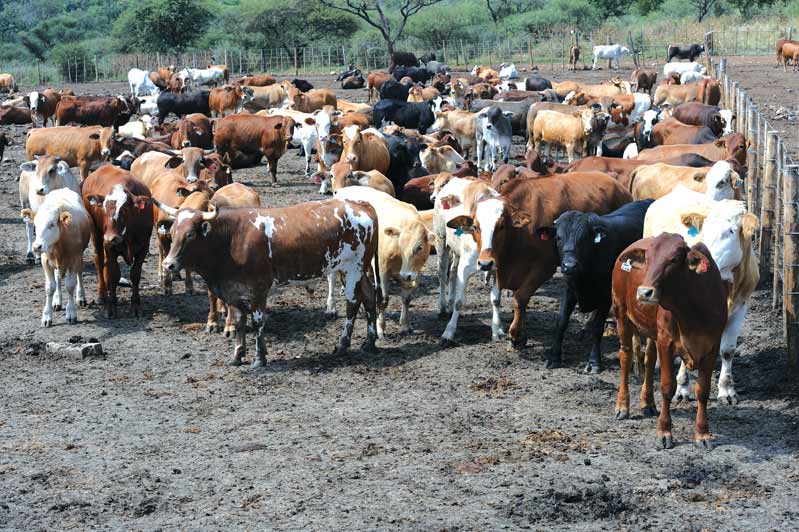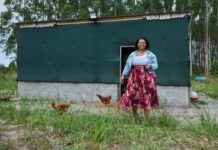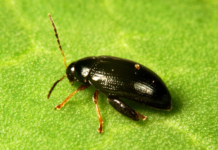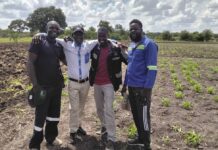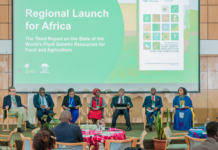Africa’s farmers are set to benefit from a new $3.35 million initiative launched by the International Livestock Research Institute (ILRI) to curb methane emissions from indigenous cattle breeds, a move hailed as a breakthrough for both communities and the planet.
ILRI, a Kenya-based international research institute dedicated to improving food and nutrition security through livestock science, is leading the project with support from the Bezos Earth Fund and the Global Methane Hub.
The Bezos Earth Fund, a philanthropic initiative founded by Amazon’s Jeff Bezos to tackle climate change and protect nature, and the Global Methane Hub, a philanthropic platform focused exclusively on reducing methane emissions worldwide, are partnering with ILRI to accelerate the adoption of climate-smart livestock practices across Africa.
Livestock in Africa contribute about 18% of global livestock methane emissions, but scientists say the continent has unique opportunities to reduce them.
By applying advanced genetics to Africa’s indigenous cattle breeds, the initiative aims to cut methane emissions by 12% over 20 years and slash emissions per kilogram of milk by up to 25% within just five years.
“This is not just about science; it’s about empowering communities,” ILRI said in a statement. “Farmers, especially women and youth, will gain access to more resilient and productive livestock, strengthening food security and livelihoods across the continent.”
The project underscores the dual goals of climate action and rural development. By breeding livestock that are both productive and low-emitting, ILRI and its partners hope to build climate resilience, create economic opportunities, and secure permanent solutions for generations to come.
Livestock systems are central to Africa’s economies, supporting hundreds of millions of people, contributing to food and nutrition security, and acting as a buffer in times of crisis.
Yet these systems face mounting threats from climate change, land degradation, disease outbreaks, and fragmented policy responses.
Through this new initiative, ILRI and its partners aim to demonstrate that reducing greenhouse gases and boosting agricultural productivity can go hand in hand.
The effort is expected to deliver tangible benefits for smallholder farmers while contributing to global climate targets.



